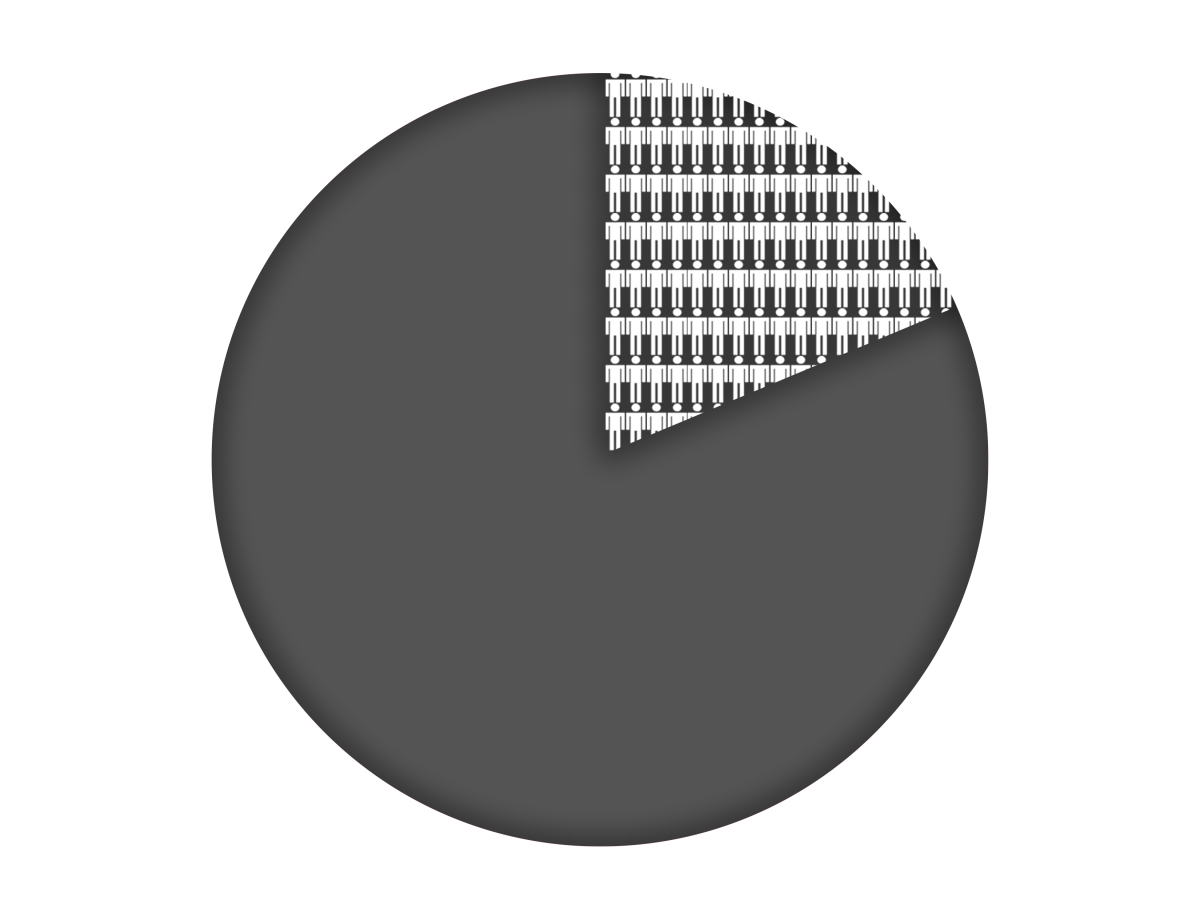The NC State Division of Academic and Student Affairs released the results of its semiannual First Year First Term Survey for the fall 2019 semester in February.
Spring 2019 marked the first survey issued by DASA to both fall and spring semester students, as opposed to past surveys, which didn’t include Spring Connect students in the results. Traditional first-year students are contacted and asked to complete the survey along with first-term transfer students.
According to DASA Office of Assessment Assistant Director Samantha Rich, this year’s survey saw a record low in student participation, with only 23% of students contacted completing the survey.
“We’re disappointed that the response rate is going down,” Rich said. “What we try to do to combat [low participation] is to get good incentives. We partner with New Student Programs to provide incentives for students.”
Madeline Williams, a second-year studying business administration, was a Spring Connect student during her first year after spending the fall semester abroad. She did not take the survey and was unaware of its existence.
“[DASA should] implement it in classes, maybe,” Williams said. “Most students are in class, so that would probably reach a wider span of people, especially because not everyone checks their email.”
The survey, which Rich said has been administered since 2009, has a range of questions relating to topics such as level of confidence in ability to handle stress and the extent to which one has become involved on campus. DASA asks students, primarily through email, to complete the survey six weeks after they arrive at NC State.
While data analysis is a goal of the survey, according to Rich, another purpose is to identify students who may be struggling in order to connect them with resources on campus which may be able to help. The survey indicates to participants which answers may be shared with others in the event of concerning responses.
DASA flags responses that may indicate a need for outreach to a student. In fall 2019, 4% of first-year respondents, translating to 44 students, had responses which warranted further action as a result of the survey, according to Rich.*
“It [was] 44 students that we were able to reach out [to] and provide intervention or some sort of support so we can help them meet their needs or meet their goals, academically and with their mental health,” Rich said.
The year-to-year data remains relatively consistent, according to Rich, and some responses have relatively high responses each time the survey is administered.
“Students’ confidence in their ability to graduate on time scores haven’t changed much since 2015,” Rich said.
In the fall 2019 survey, 93% of first-year respondents reported being either very confident or somewhat confident in their ability to graduate on time. Rich said transfer students report lower confidence. Other categories have seen a decrease in recent years.
“In 2019, students’ confidence in their ability to cope with stress has gone down a little bit,” Rich said.
The survey indicated that there was an increase in students who said there was a group on campus which supports an identity which is important to them, a 9% increase since 2014.*
In light of decreased survey participation, Rich said DASA will focus more on trend data rather than responses from individual survey sessions, meaning it will focus more on the changes over the years as opposed to single-year data.
*Editor’s note: These section has been updated for accuracy.








